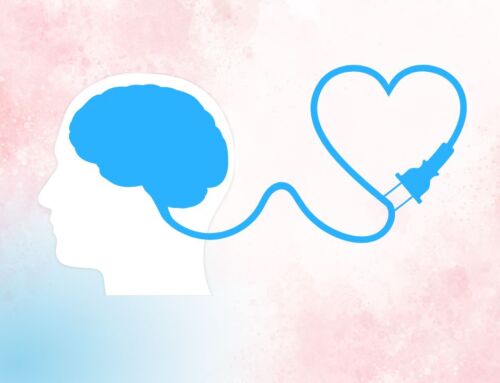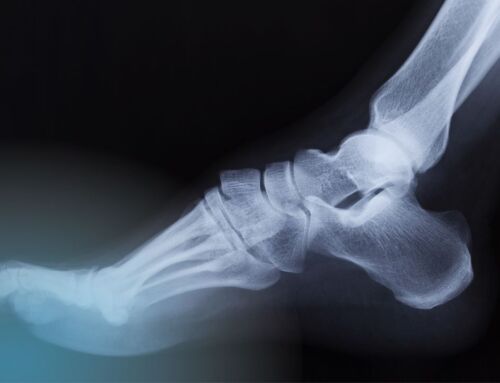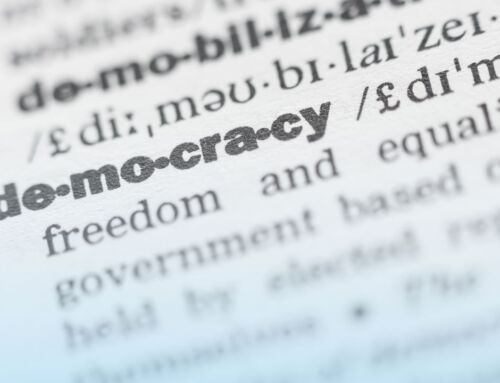It seems as if the world is ending. Just when one disaster blows through, another one blasts down with fury and devastation. The earth has been pummeled by catastrophic weather events – hurricanes, floods, mudslides, and fires. We humans were trying to manage the news of unbearable suffering on a grand scale when the unthinkable happened; a mass shooting.
Just when I thought it couldn’t possibly get any worse, Santa Rosa, Sonoma, Napa, and their neighboring communities in northern California started burning. Entire neighborhoods are being incinerated, with fireproof safes protecting passports and insurance documents reduced to ashes. I read in the paper this morning that a 100-year-old man with his 97-year-old wife was caught in their burning house as the roof came down. Then my husband gently took the newspaper away from me, leaving only the Arts section. All of this suffering is on a macro level.
The tools to try to manage the macro stuff are:
Up your meditation practice. Try 10 minutes twice a day. Or 20 minutes twice a day if you can make time. Look for guided meditations on Insight Timer or the free Balanced Mind with Julie Potiker podcast on iTunes. Mix it up so that your mind is relaxing into the voice.
Look at your “what gives you joy” list. Make time to do one or two activities on that list every day. If you have been putting off making that list, do it now. Just free associate for a few minutes with a pen and paper and watch the list grow. Remember that little things, like a warm cup of tea or a bath, work if they bring you joy
Get a good night’s rest. Pay attention to your sleep routine and see whether you can do the things most professionals teach to ensure you are getting 7 hours of sleep a night. No screen for an hour before bed, etc.
Make time to exercise. You will benefit from the release of endorphins. Exercise has shown to be as effective as antidepressant medicines for people suffering from mild to moderate depression. In addition to the endorphins, you can feel a sense of strength and power from exercise, which may help to counteract feeling powerless during this time of stress.
Eat well. Eat healthy food, slowly and mindfully. Watch your sugar intake, limit your stress eating and alcohol drinking, etc. You know what to do!
Stay connected with other humans. We are wired to connect and it feels supportive when we share the burdens with each other. I attended a rally against hate after the horrendous political events in Charlottesville, Virginia. Intellectually, I knew that me being there would not make one bit of difference. Emotionally, it was just what I needed to feel connected to 500 other human beings who share my values.
Take self-compassion breaks throughout the day. Place your hand on your heart or where you find it most soothing. Acknowledge what’s going on – for instance, saying to yourself, “This is a moment of suffering, this is hard.” Then connect yourself to the multitudes of humanity that are also suffering, knowing in your bones that you are not alone in your existential angst. Then tell yourself something helpful.
My mom used to say, “This too shall pass.” I tend to say, “You are going to be O.K.” or something along those lines. The last step that I like to add (thanks to Rick Hanson, taking in the good) is to try to install a positive mental state by using a memory, or memory of a photo that makes you feel happy. I often call up the image of an 11 x 14 framed photo I have hanging on my bathroom wall. The image is of my three kids when they were very young. It’s adorable and seeing it usually brings a smile to my face.
Ground yourself through the soles of your feet. No kidding put your feet on the ground and send your attention down to the soles of your feet. How do they feel? Are you in socks and shoes? Barefoot? Cold or warm? Moist or dry? The act of doing this breaks the discursive loop of thoughts and emotions.
Ground yourself with a pebble. I use my “here and now stone.” It’s the same concept as the soles of the feet. Feel it, look at it, notice everything about it, and you will break the discursive loop of thoughts and emotions.
Get outside. There are big huge health benefits to being in nature. While you are there, see if you can feel the temperature of the air, the breeze where it touches your skin. Notice any smells, and really look at the sights – leaves, flowers, etc. If you are walking, pay attention to how your feet feel hitting the ground, how your legs feel working, how your arms feel swinging at your sides. While you are noticing all these sensations, you are not ruminating and worrying.
Contribute what you can to charities doing relief work. Giving makes us feel good in a couple of ways. Of course, it feels good knowing that we are doing our small part to help, and that all of us giving together can mobilize great assistance where it is needed. It makes us feel some sense of control that we are taking action in a positive way. Giving also gives us a dopamine bump in our brains, and the dopamine makes us feel good.
Don’t bathe in the bad news. Try to stay away from television news or video news. You can read the news so you have an idea of what’s going on, but stay away from graphic visuals
Take time to laugh. Watch comedy (but not political satire if it gets you activated). Curb Your Enthusiasm has a new season that’s hysterical if you like the Larry David kind of humor. There is a new Seinfeld special. And any funny movies from the Marx Brothers, Mel Brooks, or Woody Allen are good bets for getting you laughing. Laughter really is good medicine!
What if you’re suffering on a micro level in addition to the macro level?
Right now, I’m helping to take care of my 85-year-old Dad. He was independent until two months ago. He is now one-month post op from a difficult ankle surgery. I’m intellectually so clear that this is not terminal. It is not like the horror of watching my mom die from cancer. Yet I am a nervous wreck. Human bodies are complicated. He’s unbearably fatigued and weak. I worry that he’s not going to recover. His gastrointestinal system is iffy, etc, etc, etc.
Every day I practice by taking a self-compassion break: I tell myself that this is tough. I know that I am not alone. Right now, all over the world, people are dealing with difficult situations on a micro level, while already battered by macro suffering. I feel a visceral connection to humanity. I call up an image of sailing on the ocean with the sun on my face and the wind in the sails. That simple exercise helps for a while. Then my anxiety pops back up. So what’s a person to do?
The answer is to double down on the 13 items in the list above.
Yesterday I wanted to take a nap. I was too wound up to sleep so to help me relax, I listened to a 9-minute guided meditation on Insight Timer by Jack Kornfeld entitled, “How to Transform Any Hard Situation.” After the meditation, I felt a little better, but not relaxed enough to drift to sleep. I then listened to Christopher Germer’s 21-minute “Breathing Compassion In and Out.” After that, I drifted into a peaceful slumber.
Hearing Chris’s voice makes me feel better because his was the voice on the recordings when I took the eight-week Mindful Self-Compassion course in 2011 that transformed my life. I continued listening to his voice for years, and then had the opportunity in 2014 to have him and Kristin Neff train me and 51 other lucky people to teach Mindful Self-Compassion. I used my noggin and actively chose Chris’s guided meditation. I’ll make sure I remember to do that every day that I’m frazzled.
I’m clicking off the big 13, and will make myself remember to practice every day. If I feel overwhelmed with anxiety or sorrow, I hope one of my tribe will remind me to practice what I teach!





















Thanks for this reminder Julie! I updated my “joy list” and downloaded the Insight Timer app to meditate.
You’re welcome, Stef. I love the body scan meditations on Insight Timer!